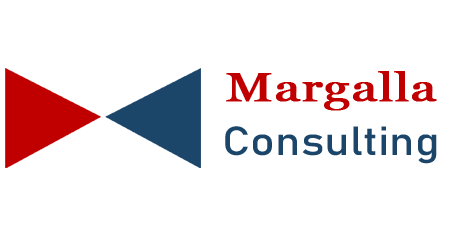Survey, monitoring, and evaluation (SME) are essential tools for understanding and addressing the multifaceted challenges faced by developing countries. Whether for governance, development projects, social services or corporate strategies, effective SME practices provide actionable insights that can drive meaningful change. However, traditional methods often fall short in dynamic and resource-constrained environments. Modern techniques, powered by technological advancements and innovative methodologies, are revolutionizing how SME is conducted in these settings. Developing societies often grapple with complex issues such as poverty, limited infrastructure, social inequities, and political instability. These challenges necessitate robust SME systems that are efficient in data collection and analysis, accurate to reflect ground realities and adaptive to diverse contexts and rapidly changing conditions. Modern techniques help overcome barriers such as illiteracy, lack of access to technology, and logistical constraints, ensuring that SMEs are both effective and inclusive.
Mobile and Digital Data Collection
Mobile technology has transformed how surveys and monitoring are conducted in developing societies. Platforms like KoboToolbox, Survey123, and ODK (Open Data Kit) enable researchers to collect data in real-time using smartphones and tablets. The advantages accured are:-
- Real-Time Updates: Immediate data transmission reduces delays in analysis.
- Cost-Effective: Reduces expenses associated with paper-based surveys.
- Scalability: Ideal for large populations spread across vast geographical areas.
- Multilingual Support: Overcomes language barriers by enabling surveys in local dialects.
Geospatial Technologies and GIS Mapping
Geographic Information Systems (GIS) and satellite imagery are increasingly used to enhance SME practices. These tools provide spatial data that can contextualize survey results within geographic and environmental factors. Common applications of these tools are:-
- Identifying underserved regions for development interventions.
- Monitoring agricultural productivity and natural resource management.
- Tracking urban growth and infrastructure development.
For instance, GIS mapping has been pivotal in health campaigns like immunization drives, ensuring outreach to remote and marginalized populations.
Remote Sensing and Drones
Drones and remote sensing technologies offer innovative solutions for monitoring projects in inaccessible areas. They are particularly useful for:
- Assessing disaster-affected zones.
- Monitoring large-scale agricultural or infrastructure projects.
- Collecting high-resolution imagery for analysis.
These technologies reduce the need for physical field visits, saving time and resources while minimizing risks in volatile regions.
Social Media and Crowdsourcing
Social media platforms and crowdsourcing techniques enable participatory data collection, allowing communities to share their experiences and feedback directly. Tools like Ushahidi have been used to map crisis responses, while platforms like Facebook and WhatsApp are leveraged for:
- Collecting qualitative insights from targeted demographics.
- Monitoring public opinion trends.
- Engaging communities in development initiatives.
This approach fosters transparency and inclusivity, empowering citizens to contribute to decision-making processes.
Machine Learning and Big Data Analytics
Modern SME techniques now incorporate artificial intelligence (AI) and big data analytics to process large datasets. By analyzing patterns and trends, these technologies provide deeper insights than traditional methods. Some of the uses of these technologies are:-
- Predicting the success of development projects.
- Identifying risk factors in security and conflict zones.
- Evaluating the long-term impact of policies and programs.
For example, AI-driven platforms are used in education to evaluate student performance trends and optimize resource allocation in underserved schools.
Participatory Approaches and Behavioral Insights
Modern SME emphasizes community involvement to ensure that interventions are relevant and sustainable. Participatory approaches include:
- Engaging local stakeholders in designing and implementing surveys.
- Conducting focus group discussions to understand cultural contexts.
- Integrating behavioral science to interpret motivations and barriers.
This method not only enhances the quality of data but also builds trust and ownership among beneficiaries.
Blockchain for Data Integrity
Blockchain technology ensures transparency and accountability in SME practices by creating tamper-proof records of data. This is especially valuable in societies where data manipulation and corruption are concerns. Following benefits are achieved:-
- Securely stores data, protecting it from unauthorized changes.
- Provides a transparent audit trail for project evaluations.
- Facilitates trust among stakeholders by ensuring data authenticity.
Real-Time Dashboards and Visualization Tools
Interactive dashboards powered by tools like Tableau, Power BI, and Google Data Studio enable organizations to visualize data in real time. These dashboards provide:
- Dynamic charts and maps for intuitive analysis.
- Real-time tracking of project progress.
- User-friendly interfaces for decision-makers.
Visualization enhances the accessibility of complex data, empowering stakeholders to make informed decisions quickly.
Integrated Monitoring Systems
Integrated systems that combine multiple data sources, such as IoT sensors, GPS trackers, and mobile apps, provide a comprehensive view of projects. For instance:
- IoT devices can monitor water quality in rural areas.
- GPS trackers can ensure the timely delivery of aid supplies.
- Mobile apps can collect user feedback on services provided.
This approach fosters a multi-dimensional understanding of project impacts.
Challenges in Implementing Modern Techniques
While modern SME techniques offer significant benefits, they also face obstacles in developing societies, such as:
- Digital Divide: Limited access to technology and internet connectivity.
- Capacity Gaps: Lack of training and expertise in using advanced tools.
- Cultural Resistance: Hesitation to adopt unfamiliar methods.
- Data Privacy Concerns: Need for robust policies to protect sensitive information.
Addressing these challenges requires investment in infrastructure, capacity-building programs, and community engagement.
Modern techniques for survey, monitoring, and evaluation are reshaping how data is collected, analyzed, and utilized in developing societies. By leveraging technology and innovative methodologies, these approaches deliver accurate, actionable insights that drive sustainable development and effective decision-making.


